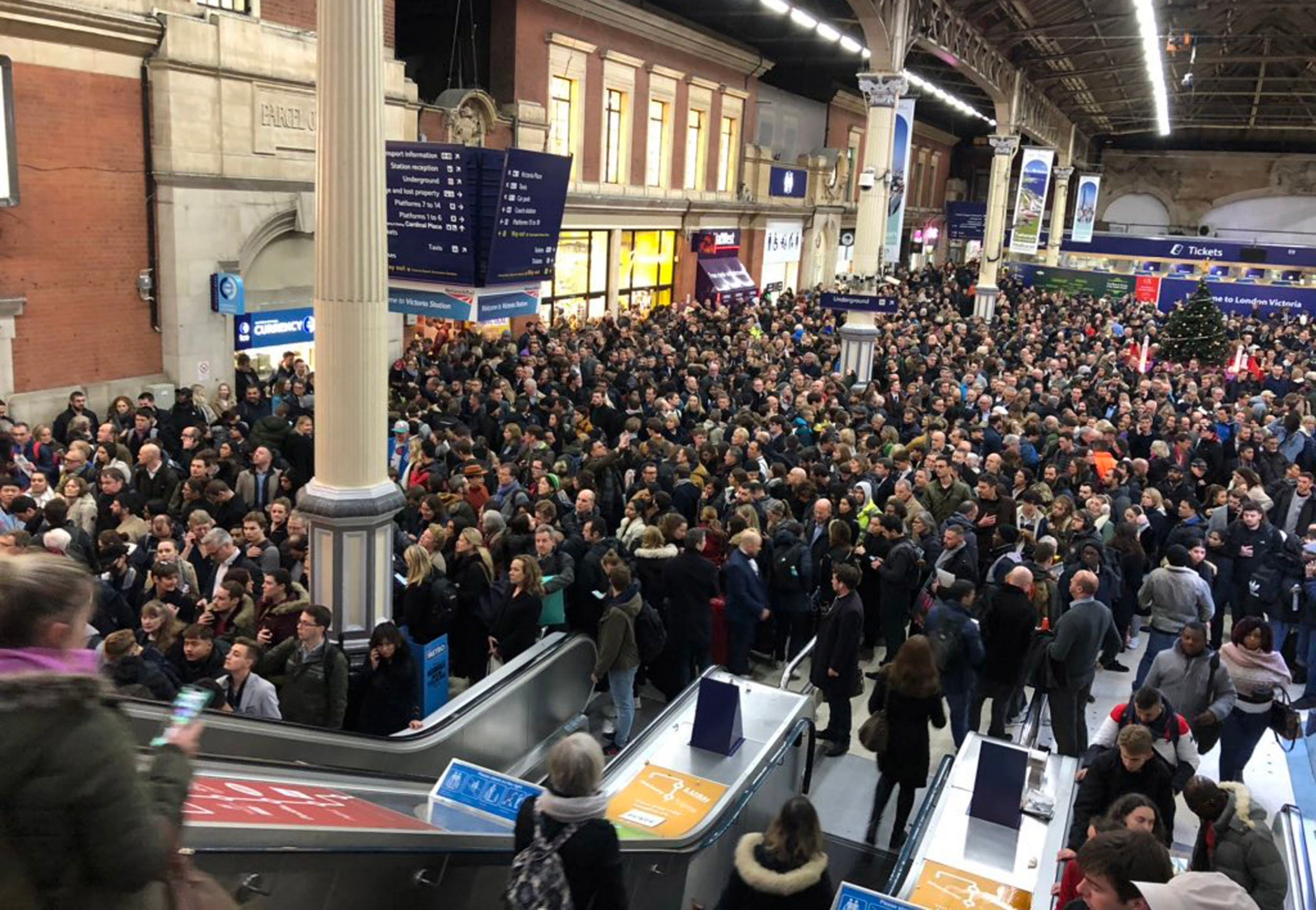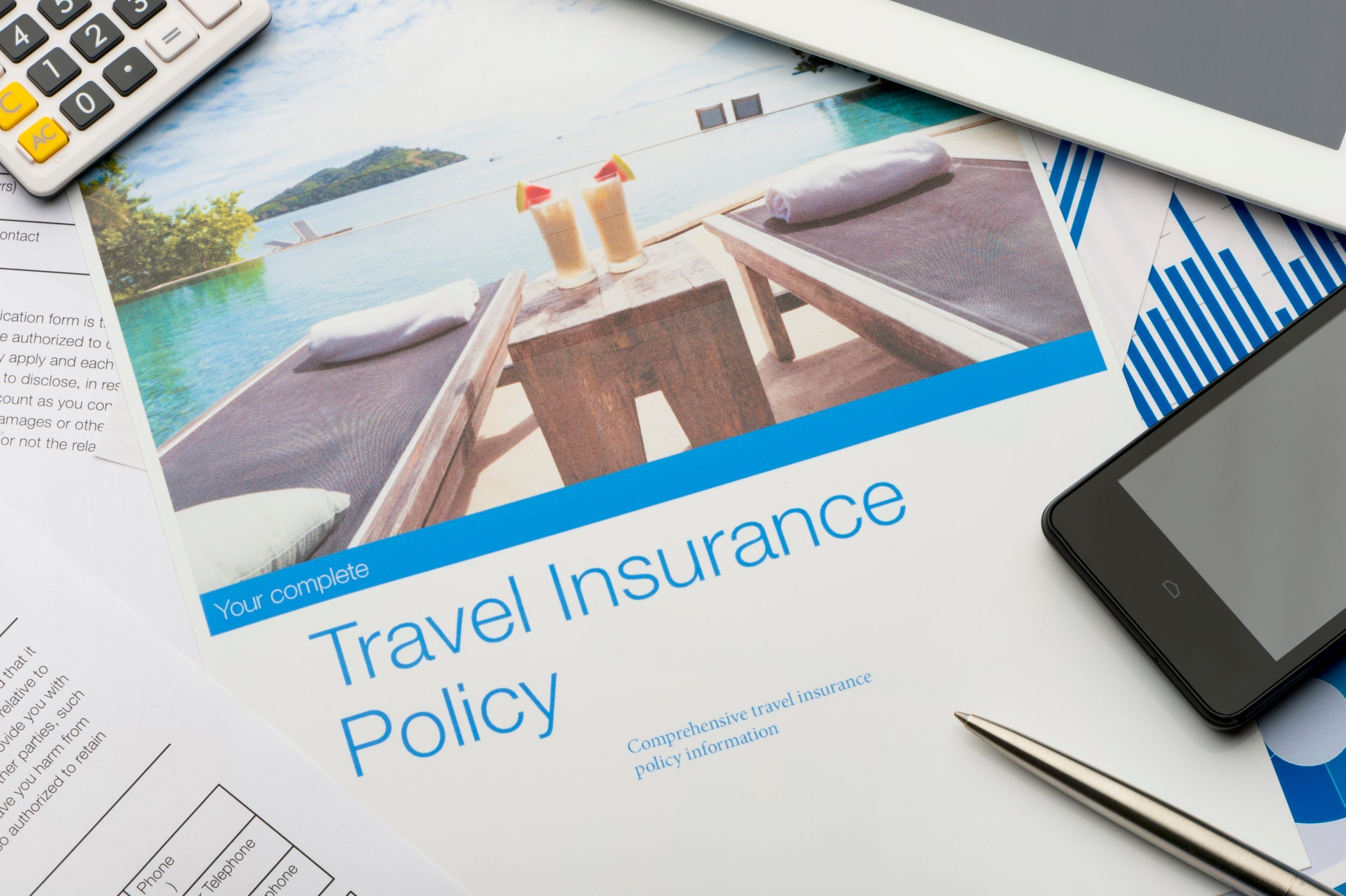Why has Ryanair cut down on its flights to Gran Canaria?
Simon Calder answers your questions on revised summer schedules, compensation for missed flights, gift vouchers and travel insurance trouble


Q We visit Gran Canaria two or three times each year and have used Ryanair for a long time. Could you please find out why Ryanair has no flights for summer 2020 from Manchester or Liverpool?
Edmund C
A Many readers have got in touch recently to ask why Ryanair appears not to be operating on some routes in the summer of 2020 after years of flying them.
The general answer is that any airline will deploy its aircraft and crew to the routes that make the most money (or, in winter, lose the least). The UK has been regarded as less-than-ideal territory for selling airline seats since the European Union referendum in 2016. After the vote, sterling slumped and consumer confidence ebbed away. That may change now that there is more political certainty, but even then most carriers have their flying programmes nailed down for 2020.
In the past nine months there has been another reason for airlines to trim their route networks: the grounding of the Boeing 737 Max following two fatal accidents. It means that airlines such as Ryanair have less aircraft than they planned. While carriers have some flexibility to extend the planned leases of their existing fleets, or charter in extra capacity, the worldwide scarcity of modern, efficient short-haul aircraft means that this is tricky and expensive.
There is one further factor at play on links between northwest England and the Canary Islands: the length of the flight. With a flying time of four hours, these routes are demanding in terms of aircraft availability. An airline could squeeze in two round trips to the south of France or northeast Spain in the time it takes to get from Manchester to Gran Canaria, and may decide that is the more profitable option.
Despite all this, the UK is still very well served by air links. You can fly on Jet2 from Manchester and there will be plenty of other flights to and from the Canaries; if the fare on Jet2 looks too high, then see what is available from Birmingham, East Midlands or Leeds Bradford, or even airports in the London area or Scotland. London scores for sheer choice and competition, while Scottish fares to Spain tend to be better than England in August because most schools north of the border have gone back.

Q On Wednesday evening I was trying to get from Clapham Junction to Gatwick airport. Complete signal failure at East Croydon meant I missed both my original flight and the one I hastily booked for an hour later. Is there any way I can claim either or both of the flights back?
Pip M
A In short: you can but try. Tens of thousands of travellers, including many who were heading for Gatwick airport by train from central London, were delayed by several hours following a power failure that affected Network Rail signalling in the area of East Croydon. (For anyone unfamiliar with it, this is the station where the lines from London Bridge and Victoria converge, then fan out to serve stations in Surrey and Sussex, including Gatwick.)
Your strict legal entitlement is limited to a refund of the rail fare that you paid – perhaps £15, tops. I imagine that your loss on the airfares runs well above £100, particularly for the last-minute purchase of the replacement flight after the first one you missed. So you are now in the grey area of trying to recoup consequential losses for the failure of the train operator, in this case Southern, to run a reasonable service. That is the firm with which you have a contract for the provision of travel.
Plainly, the debacle was not the fault of Southern. It relies on Network Rail for the provision of adequate infrastructure, which was noticeable by its absence on Wednesday evening. In turn, Network Rail says its problems were caused by the failure of the electricity supply from UK Power Networks.
I suggest you submit a claim to Southern for your demonstrable losses (which may go beyond the two lost flights, if for example you had a non-refundable rental car or accommodation booked) and see what happens. It may be that you get recompense, but if your claim is politely declined then you could consider taking a legal route, via Money Claims online.
Any settlement could be diminished, however, if you are judged to have not left enough time before the first flight to deploy a “plan B” (for example, taking a train from Clapham Junction to Holmwood in Surrey, and a taxi the six miles to Gatwick from there). Or that you booked the second flight somewhat overambitiously given the scale of disruption. Good luck – and let me know how you get on.

Q I’m even more disorganised than usual this year in terms of Christmas presents. Travel gift vouchers for airlines or hotels look tempting. Are there any that you would recommend?
David E
A No. You will be consigning your nearest and dearest to a travel experience that will probably be distinctly inferior to that which they could enjoy if you provided hard cash, or indeed a promise – such as, “a weekend in Amsterdam in 2020”.
Airlines, hotel groups and other organisations do all they can to promote voucher sales, especially over Christmas, because they represent a real opportunity to profit. They get cash, in exchange for an obligation to offer travel to the same value. But from the recipient’s perspective, a voucher is a recipe for regret.
For a start, a flight voucher from a particular airline (eg Ryanair) means that you cannot consider travel on a different carrier, even though the departure airport, timing or fare might be preferable. The gift voucher will doubtless come with strings attached, typically with a time restriction within which it must be used. And if for some reason the recipient does not spend it all at once, any remaining balance may be lost.
Hotel or travel agent vouchers (such as those from Secret Escapes) similarly tie the traveller to a particular company.
From time to time I hear of newlyweds who ask their family and friends to chip in travel vouchers for the honeymoon – again, it is much better to donate cash or perhaps the promise of paying for an experience such as a bungee jump in New Zealand.
The only possible reason for choosing a voucher over actual cash, I believe, is when a travel firm is making an offer after messing you around (eg a flight delay) and is prepared to uplift its cash obligation by 25 to 40 per cent if you take a voucher. If you are sure you will be using its services again soon, then go for it.

Q I took out an annual multi-trip travel insurance policy earlier this year. Sadly, the day before myself and my partner were due to travel, my brother was admitted to hospital with pneumonia. The consultant told me his condition could be terminal, so I cancelled the holiday. The insurance company is stalling on my claim and seems to be honing in on the fact that my brother had suffered a similar episode within the last five years. What do you advise?
Name supplied
A First, I am very sorry to hear about your brother.
Next, as you have found, travel insurers generally have some strict stipulations about cover for cancellations. They are particularly sensitive about claims for holidays cancelled due to the illness of a key person. That could be a close family member, or someone who you work with whose illness would damage the business if you were away, or someone with whom you were planning to stay.
Their argument is that the service they offer is to cover for unforeseen events, and if someone has an evident chance of falling ill then that is a “known risk”. The insurer may already have requested this, but the best way for you to proceed is to ask your brother’s consultant or GP to make a declaration on your behalf. They need to certify that at the time you booked your holiday there was no significant risk that your brother’s condition would worsen to the point where you had to cancel.
If your claim is rejected completely and you feel you have been unfairly treated, then the first step is to contact the company’s customer relations team and invite them to look at the facts again, warning that you will contact the Financial Ombudsman Service (FOS) if you are still dissatisfied. Carry that out if necessary. The FOS is free to use and I hear good accounts of its fairness.
Finally, and possibly usefully for the future: anyone with a relative who is poorly can reduce the risk of cancellation by booking as late as possible; for many trips, a week or so is easily enough, and you may not pay more, though this does not apply in July or August.
Email your question to s@hols.tv or tweet @simoncalder
Join our commenting forum
Join thought-provoking conversations, follow other Independent readers and see their replies
Comments
Bookmark popover
Removed from bookmarks